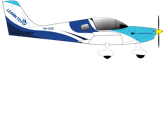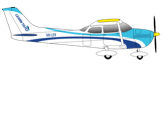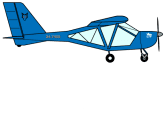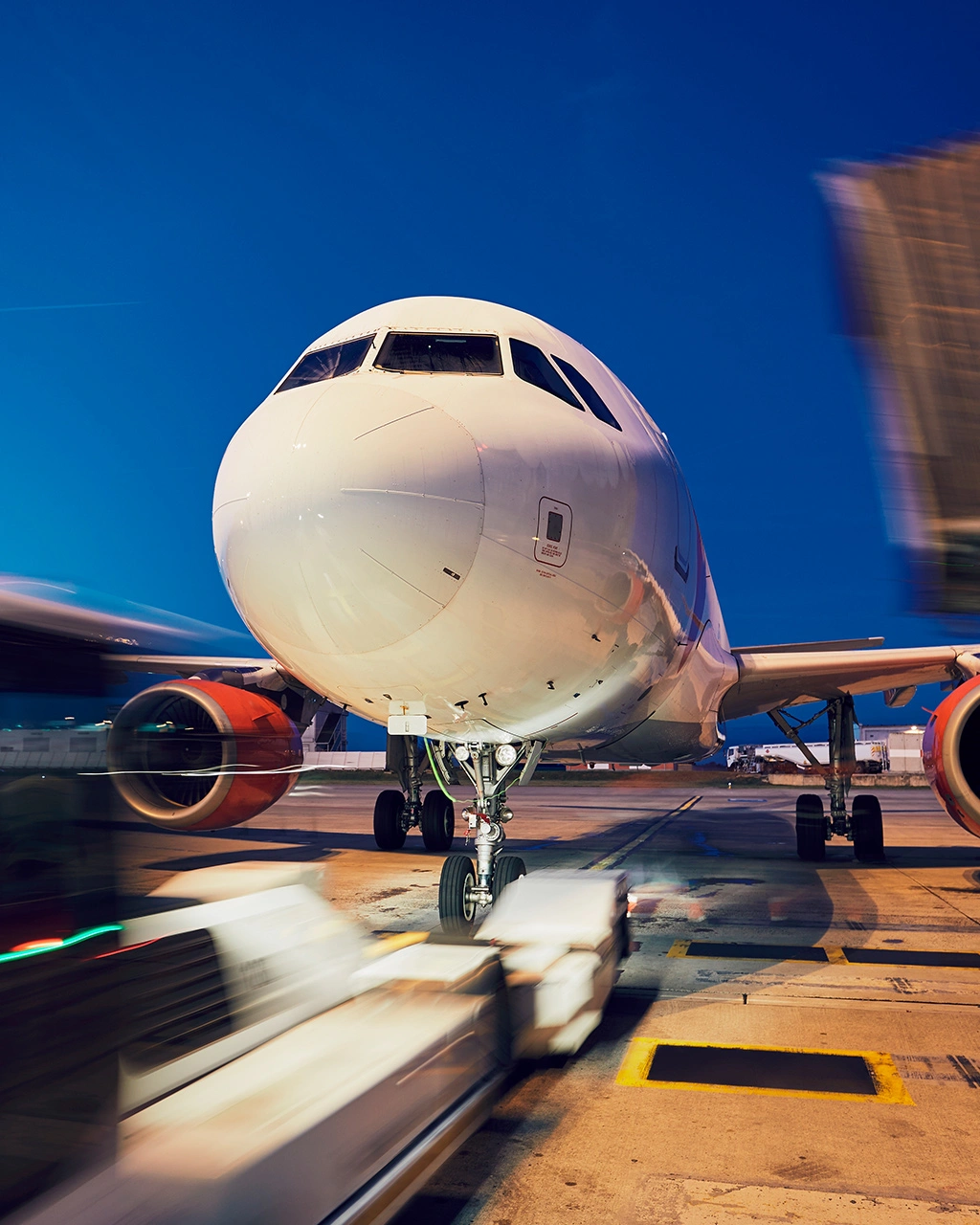
September 16, 2018
Recommended Pathways for Becoming an Airline Pilot for Overseas Students
When talking to student pilot hopefuls from Hong Kong, Singapore, Malaysia etc about becoming an airline pilot, many still think there is a huge risk paying to study their Commercial Pilot Licence (CPL), because they think that they will never get a flying job.
This may have been difficult a few years ago, however, the aviation industry has completely changed recently. If you want to become an airline pilot – or a pilot in general – there has never been a better time than right now to get into the aviation industry. In this blog, we discuss the pathways available to overseas students with a deep desire in becoming an airline pilot.
What do you do after getting your Commercial Pilot Licence (CPL)?
To improve their chances of becoming an airline pilot after completing their CPL, most students choose to work as a Charter Pilot or a Flight Instructor. This allows them to gain more flying experience before applying to an airline.
For an overseas student, this may have been difficult a few years ago. However, looking at the Australian Federation of Air Pilots (AFAP) website now, there are far more General Aviation (GA) pilot jobs listed, many of which are open to overseas pilots who are able to work legally in Australia.
Even as a fresh graduate, Junior Flight Instructors are now offered a full time job, whereas in the past they were commonly only offered a no-guarantees role with an hourly rate.
Flying schools in regional or remote areas are now struggling to find Instructors to work for them because it’s so much easier to get a job in major cities like Melbourne and Sydney. Pilots that would have previously needed to take whatever job they could find, regardless of location, are no longer willing to work and stay in the middle of nowhere.
Airlines are hiring!
Cathay Pacific, for example, are offering Direct Entry Second Officer roles that only require a CPL and 500 flying hours. Singapore Airlines and Scoot are offering both Direct Entry Second Officer and Direct Entry Junior First Officer with no minimum flying hours requirement.
This is a strong message from the airlines to everyone who might be thinking about becoming an airline pilot, saying “go and get your licences and we will offer you a chance at a career”.
The recommended pathways for overseas students
Below are are the recommended pathways for overseas students who are investigating becoming an airline pilot. Planning is extremely crucial though – for example, if you are planning to get an Aviation Degree, you may want to consider the following path:
Option 1
Study the Diploma of Aviation (CPL) and get your Commercial Pilot Licence with a flying school in Australia
Study to obtain your Flight Instructor Rating (FIR) straight away after completing the Diploma program
Choose a university and enrol in the Bachelor of Aviation course with your Diploma certificate. You can most likely claim up to 12 months’ credit, meaning that you may only need to study for 18 months to finish off the Bachelor program
While you are studying at university, your student visa will allow you to work up to 20 hours a week, which means you can work as a part-time Junior Flight Instructor and study at the same time
After 2 years when you graduate with your Bachelor Degree, you will become a Grade 2 Senior Flight Instructor with roughly 800 flying hours already
At this stage, you will already fulfil many of the airlines’ entry requirements and will be able to apply for an airline pilot job, or you can continue to work as a flying instructor until your visa expires
This is a much better pathway to becoming an airline pilot, than just enrolling in a Bachelor of Aviation course at the start. It also gives you a much more flexible career pathway.
Option 2
If you are not planning to study at university there are still many ways to work legally in Australia, and you may want to consider the following path:
Study the Diploma of Aviation (CPL) and get your Commercial Pilot Licence with a flying school in Australia
Study to obtain your Flight Instructor Rating (FIR) straight away after completing the Diploma program
Apply for either Working Holiday Visa / Work Holiday Visa (depending on which country you are coming from) OR a Temporary Skills Shortage Visa.
Work as a full-time Flight Instructor
After accumulating 200 instructional flying hours, you can become a Grade 2 Flight Instructor and continue to work as a flying instructor until your visa expires
At this stage, you will already fulfil many of the entry requirements for becoming an airline pilot.
Visa Options
Working Holiday Visa:
Citizens of many countries are eligible for this visa including Hong Kong, Singapore, Taiwan, Malaysia etc. Work and Holiday Visa and Working Holiday Visa holders need to change employer every 6 months, but after 6 months’ working as a Flight Instructor for one employer you will most likely become a Grade 2 Flight Instructor. This means that there will be many jobs available to you at other flying schools since Grade 2 Flight Instructors can work without supervision and are therefore in high demand.
Temporary Skills Shortage Visa (TSS):
The TSS visa is a sponsored work visa that recognises skills that are in high demand in Australia. As mentioned previously, the recent demand for Flight Instructors in major cities has left many regional and rural flying schools with a shortage and unable to recruit enough pilots. Some of these areas even include larger regional cities, and if you are willing to work there, you may well find that a flying school is able to sponsor you for full time employment on a TSS visa.
Becoming an airline pilot is easier when you consult with a specialist
Whichever path you choose, planning is the most important aspect – and you can only plan properly when you have accurate information. Stop listening to people who may not know about the current situation for flight training in Australia, or who may not know about the Australian Aviation industry in general.
Captain Darren McPherson from ACS – Aviation Consulting Services is our specialist airline interview consultant. He runs our highly successful airline interview courses, which includes the Future Cadet Pilot Program (FCPP) and Airline Interview Coaching Session.
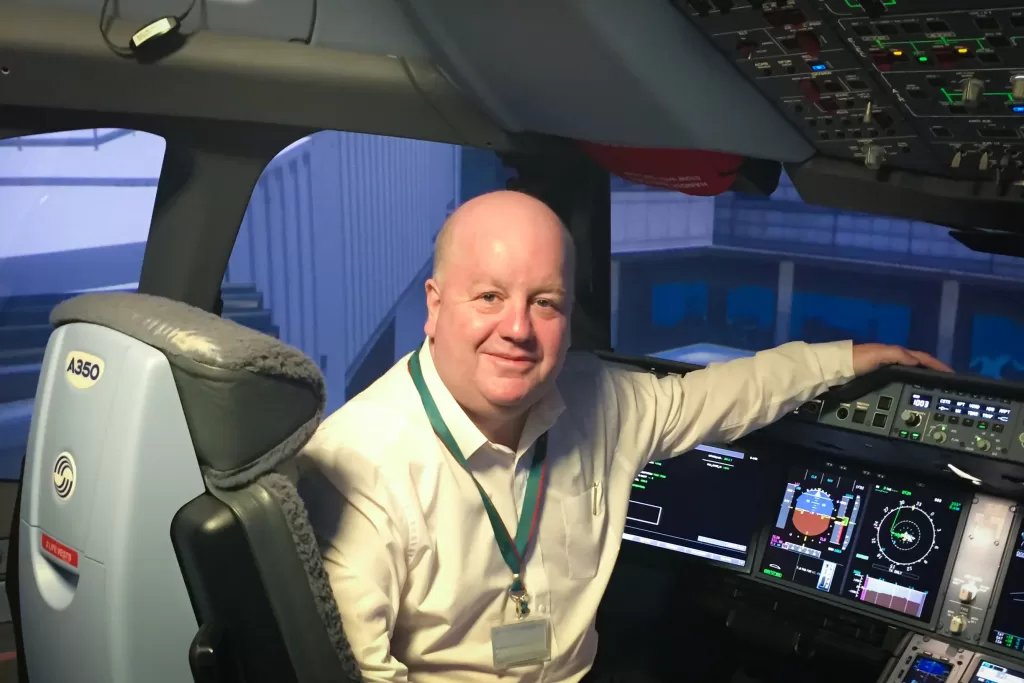
For further information or to register your interest in our airline interview preparation courses, email [email protected] or visit https://drift.me/learntofly/meeting to book a meeting and school tour.


